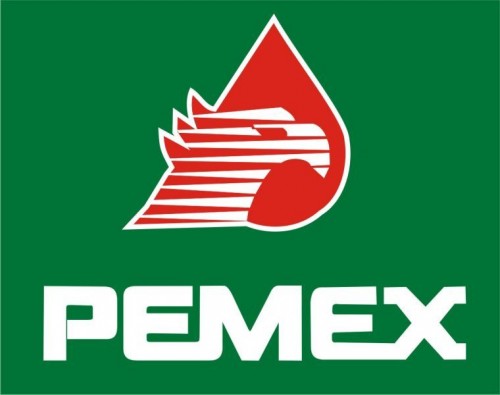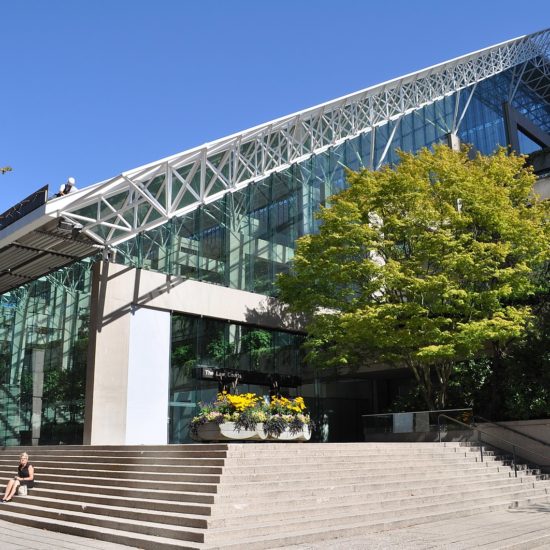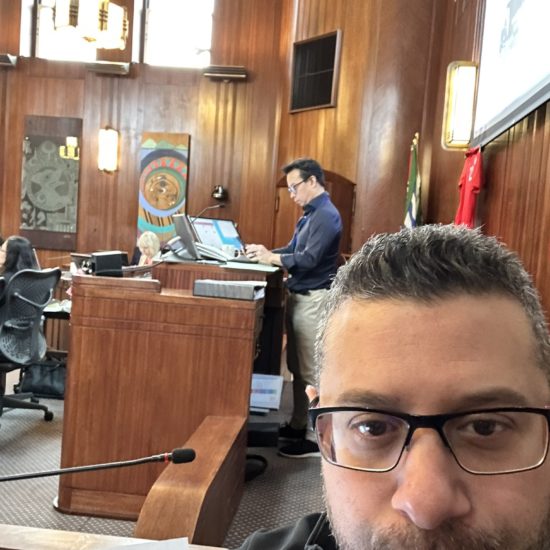
Bob Mackin
A retired Mexican general is one step closer to being extradited from Canada.

B.C.-arrested Eduardo Leon Trauwitz
An April 28 announcement on the Attorney General’s Office of Mexico website said the B.C. Supreme Court had granted the extradition of Eduardo Leon Trauwitz, so he could stand trial in Mexico. The announcement said Trauwitz has 30 days to appeal. The decision had not been published on the B.C. courts website.
The Mexican government alleges that Trauwitz, while working as head of security for state oil company Pemex, facilitated theft of 1.87 billion litres of hydrocarbons from clandestine taps in pipelines.
In February, the court heard that Trauwitz worked between 2014 and 2018 as Pemex’s head of the Assistance Division of Strategic Safeguard (ADSS), which was supposed to identify and disable clandestine taps in pipelines.
A lawyer for the Canadian government, on behalf of Mexico, said that physical security agents were ordered to contravene official Pemex security policy. Instead of reporting the clandestine taps, so that they could be disabled, and then informing the public prosecutor’s office, a new protocol required them to conceal the discoveries, for fear of being fired or reported to Trauwitz.
Trauwitz’s defence lawyers provided new evidence that they hoped would cast doubt on the credibility of the Mexican government’s case. That included a 2023 notarized statement from a former Pemex worker who recanted some of his 2017 and 2019 statements to prosecutors. However, one of the court’s top judges found there was enough to order Trauwitz returned to Mexico.
Associate Chief Justice Heather Holmes made the decision on April 25, but her reasons were not posted to the court website until April 29.
“On the evidence in the extradition hearing, there is a prima facie [based on first impression] case that Mr. Trauwitz is the person sought for extradition, and that he engaged in conduct that, had it taken place in Canada, would have amounted to breach of trust by a public official, contrary to s. 122 [breach of trust] of the Criminal Code,” Holmes ruled.
Holmes decided Trauwitz met the Supreme Court of Canada’s test for an extradition order. Specifically, the case record provided by the Mexican government showed that Trauwitz was a public official who acted in a corrupt or dishonest purpose, contrary to the public good, and that he breached the standard of responsibility in a serious and marked departure from the expectations of his position.
Holmes wrote that the procedure for dealing with clandestine taps changed around the time Trauwitz joined the company and became head of ADSS. Physical security agents were ordered and trained to disable the clandestine taps themselves, but not report the incidents beyond the ADSS department to Pemex services division or outside authorities.

Mexico’s state oil company Pemex
The Mexican government’s case record said witnesses used various names for the new protocol, such as “plan casa mata,” “manejo tecnico,” and “the security protocol.”
“The [records of the case] include a large amount of circumstantial evidence from numerous physical security agents attributing the orders to Mr. Trauwitz,” Holmes wrote. “Almost all of these witnesses indicated that, when told by their managers to apply the new protocol, the managers said that the orders to do so came from Mr. Trauwitz.”
Holmes found a reasonable inference that a “substantial effort was made to prevent the creation of written evidence of the new protocol. The new protocol itself was not reduced to writing.”
Physical security agents received no certification or documentation about their training. They were told not to mention taps or disabling them in their daily written reports.
“The evidence of these efforts to conceal the implementation of the new protocol reasonably supports an inference that the protocol was motivated by a purpose other than for the public good,” Holmes wrote.
Holmes, however, said that the evidence was “weak” that Trauwitz benefitted personally from the protocol.
“The ROCs contrast his annual salary from Pemex with his real estate purchases over the same period (which appear to have been substantially larger than his annual income alone would support). However, little else is said in the ROCs about Mr. Trauwitz’s financial situation to indicate whether the real estate purchases were financed, or whether he had independent or accumulated income or wealth.”
Trauwitz’s lawyer Tom Arbogast told the court in December 2021 that his client had been the victim of a politically motivated prosecution by Mexican authorities.
Trauwitz’s original bail conditions included a $20,000 surety, requirement to live with his daughter, an 11 p.m. to 6 a.m. curfew, around the clock wearing of an electronic monitoring device and regular reporting to a probation officer.
In May 2023, a judge approved Trauwitz’s move from Surrey to the Burquitlam area of Coquitlam.
Support theBreaker.news for as low as $2 a month on Patreon. Find out how. Click here.











